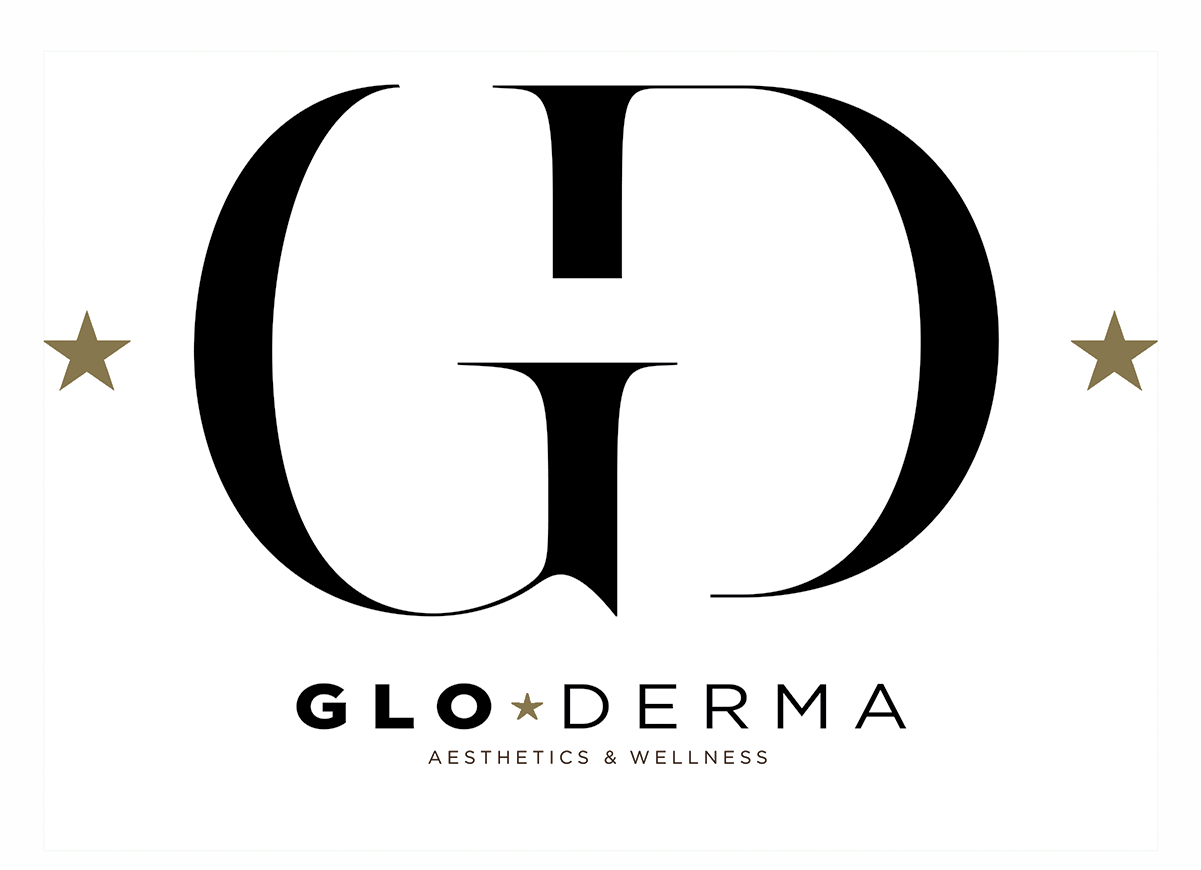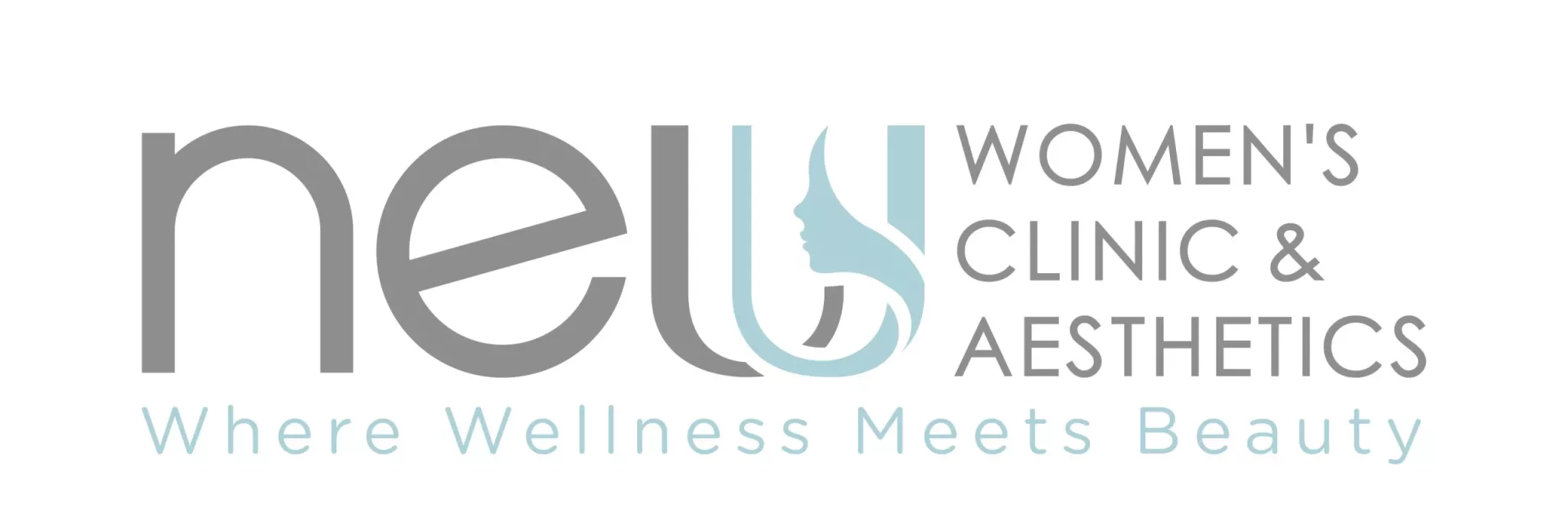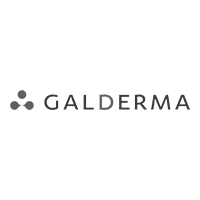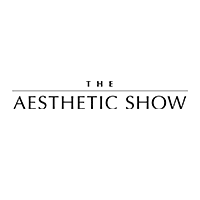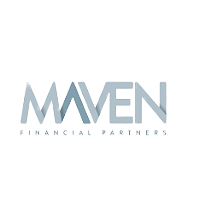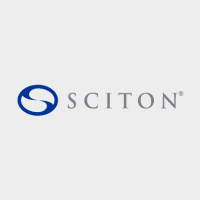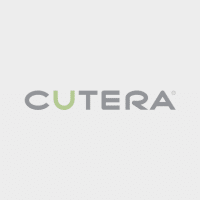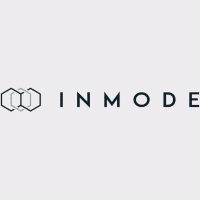
Marketing for your medical spa practice is essential in today’s digital age. Marketing techniques will increase your revenue, grow your patient base, in build your overall approach. The aesthetic industry is a progressively rising branch for cosmetic improvements that will increase with the online presence growing bigger every day. Whether your medical spa is developing or just starting marketing will be beneficial to giving your practice a voice in a larger audience to ensure the growth of your practice. The advertising in magazines, newspapers and Heavy billboards is still being used, but they are no longer the only option to generate prospective consumers.
Combining these digital marketing strategies and traditional advertising increases the target you can reach in the cosmetic industry. The marketing plan that surrounds your medical spa needs to include every target your practice intends to focus on marketing techniques. The goal in marketing is to increase and maintain your patient base to ensure these successful and progressive medical spa practices. Having your strategic marketing plan outlined and ready to implement will reduce the delay process substantially. Knowing your intended focus on marketing is the first step in your planning and design.
Reviews and Testimonials
Digital marketing of your Medspa is happening regardless of your involvement. Even before you embrace the strategy, the consumers who are using your practice are contributing by giving reviews and testimonials. Choosing to join this technique allows you to respond to the positive and negative reviews to ensure your practice is being seen and heard. Ensuring that you are interacting and addressing the negative and positive reviews will create your audience to see the hands-on approach that you give to each professional experience.
Unfortunately, consumers are more verbal when they are dissatisfied with the service they have received. This tendency has a psychological impact because it creates a lasting impression when we are disappointed, but when we leave happy, we will not rush to post that review and forget. A medical spa practice can utilize its communication to boost reviews by initiating a review invitation. This invitation can happen in various ways, from email, phone call, or follow-up letter that checks on the satisfaction of the service and then a gentle reminder to include a review.
The Pandemic Changed Everything
The start of the pandemic did not just change the lives of businesses but affected consumers’ daily living ability. Digital marketing has been required to add features that improve communication through this troubling time in our society. Marketing had to tailor to this obstacle because website design needed to include safety measures and precautions, blogging required to address the safety associated with treatments and procedures, and providers needed to develop a plan to ensure that safe practices were being followed for the consumer.
Your patients in your medical spa are the thriving element of your business, and without them, your practice would be obsolete. With the uncertainty surrounding every person’s health and well-being, we encounter the reassurance of safety measures essential to creating comfort and Peace of Mind to your patience. This technique is a marketing strategy; communicating through email updates and social media keeps the door open while showing your consumers that you are still there and waiting for their safe return.
Be Creative With Your Marketing
There is no guide with step-to-step instructions on what you must do to promote your medical spa, so utilize your creativity and create a personalization that your patients will remember and identify. A unique approach is a desirable feature in your medical spa, and this technique will allow you to stand out from your competitors because connections create lasting relationships. Market your skills; we are in the digital age on the Internet is an open door, offer virtual opportunities to show your patients that you understand their busy lives. Develop an online class to promote your retail products and the benefits that they utilize.
Increase Your Social Media Presence
Social media is the key to all of your marketing goals. Your patient base is on social media. When you utilize this technique, they will find you, “if you build it, they will come.” Your company needs to embrace the available digital market. Still, the techniques your practice uses can differ from your competitors because your practice needs to be unique and not carry the same features as others, or you will never stand out. Start or join a conversation already in progress regardless of it surrounds the medical spa industry because when you identify the whole person, a successful relationship has been created.
Create an online contest that gives your followers a chance to win a treatment of a specialized facial. Use this contest as a marketing technique to increase your audience. Set a goal of the number of followers you need to have at the end of your contest. Recruit your current followers to promote your practice and specify that each person that follows you will enter the recruiter into the contest. After the contest is over and the winner is chosen, do a spotlight on your website and social media showing the follow-through. The winner will be marketing for your practice and create personalization for you as a provider.
Build Patient Relationships Virtually
Networking can happen in person, and virtually building relationships is a part of that process. When you have a society that is being told to stay home, to maintain distance for others, in an atmosphere that is no longer inclusive, you have to alter how you build relationships. Imagine what you would want to see and hear from a business you were interested in the services they provided. Begin by having open and honest communication with your patients on the virtual platform.
Relay empathy while being genuine because the more you can connect and identify with your consumer base, the better you will understand who they are. Your marketing strategies and techniques can surround what they want.
Conclusion
Choosing Growth 99 as your guide and industry leader, you offer your patients the experience and knowledge to project your voice and passion by implementing the design and content that surrounds your vision. Marketing is vital to your practice through practical and strategic planning. Allowing a team of dedicated professionals to support and surround your marketing plan will ensure successful integration and completion of your goals.
Choosing a marketing agency that will implement your vision as you guide the way will benefit the overall impression of your practice. Your mission, vision, and passion require your touch with professionals that possess the ability to reach your audience.





